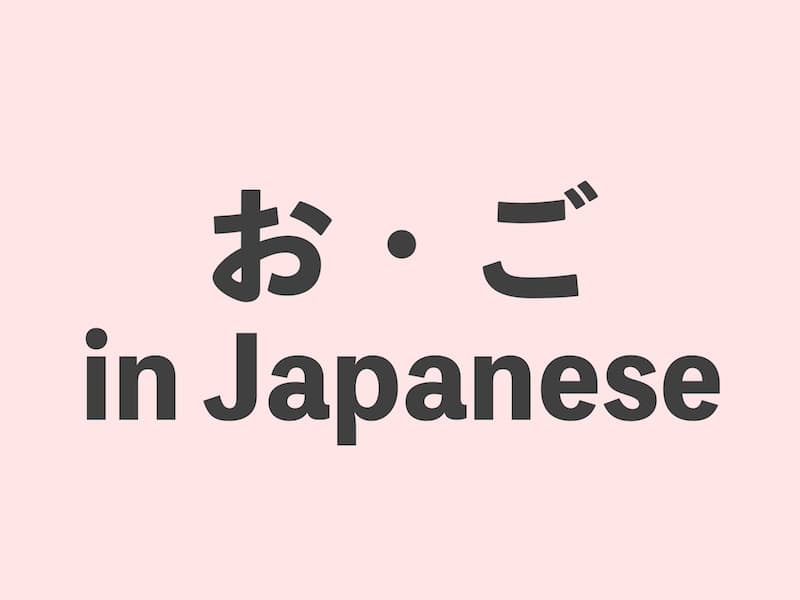Encountering the Japanese character “御” often leads to a perplexing choice between ‘お’ and ‘ご’ as prefixes. The article dives deep into the intricacies of these honorific markers, shedding light on the nuanced differences in their usage.
JLPT Textbook Recommendations
お or ご?
Primarily, the distinction between “お” and “ご” relies on whether the word is of Japanese origin (kunyomi) or Chinese origin (onyomi). Words derived from Japanese typically take “お,” while those originating from Chinese commonly use “ご.”
For instance, words like “お話” (ohanashi – story) or “お名前” (onamae – name) exhibit the use of “お” due to their Japanese origins. Conversely, terms like “ご飯” (gohan – meal) or “ご案内” (goannai – guidance) showcase the use of “ご” stemming from their Chinese origins.
However, numerous exceptions exist to this rule, as seen in phrases such as “お弁当” (obento – lunchbox) or “お散歩” (osanpo – walk), where “お” is used despite the words’ non-Chinese origins.
One of the most challenging aspects is the cases where either “お” or “ご” is acceptable. For example, expressions like “お返事/ご返事” (o-henji/go-henji – reply) or “お勉強/ご勉強” (o-benkyou/go-benkyou – study) allow for the use of either prefix, depending on the speaker’s preference or context.
お+名詞(Noun)
- お友達 (おともだち) – Friend
- お家 (おうち) – Home
- お問い合わせ (おといあわせ) – Inquiry
- お久しぶり (おひさしぶり) – Long time no see
- お二人 (おふたり) – Two people/Couple
- お話 (おはなし) – Story / Conversation
- お名前 (おなまえ) – Name
- お茶碗 (おちゃわん) – Teacup
- お肉 (おにく) – Meat
- お魚 (おさかな) – Fish
- お皿 (おさら) – Plate
- お箸 (おはし) – Chopsticks
- お年玉 (おとしだま) – New Year’s gift / Money given to children on New Year’s Day
ご+名詞(Noun)
- ご友人 (ごゆうじん) – Acquaintance
- ご自宅 (ごじたく) – Your/Their home
- ご質問 (ごしつもん) – Question
- ご招待 (ごしょうたい) – Invitation
- ご飯 (ごはん) – Meal / Rice
- ご着席 (ごちゃくせき) – Please be seated
- ご案内 (ごあんない) – Guidance / Information
- ご立腹 (ごりっぷく) – Getting angry / Anger
- ご祝儀 (ごしゅうぎ) – Gift of money for celebration / Congratulatory gift





コメント